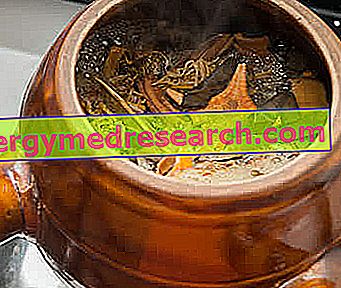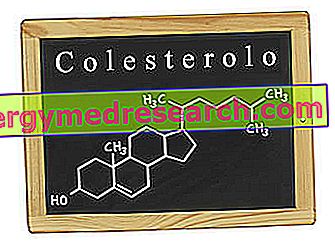The decoction is a liquid preparation obtained by immersing a vegetable source in boiling water, in order to extract some active principles. In particular, the decoction is indicated for obtaining substances of herbal or pharmaceutical interest from particularly tough drugs (barks, roots, hard leaves, seeds, etc.). It is not suitable for aromatic plants such as mint, as it determines the evaporation of the volatile oils associated with the therapy, and for those rich in thermolabile active principles, which would be inactivated by heat.

The decoction, possibly preceded by a maceration in cold water of two or three hours, is carried out by adding the parts of the plant that contain the active substances in cold water, drinkable or better still distilled, according to the prescribed quantities; bring it to a boil and leave it to boil for 5-30 minutes on a low heat (depending on the type of drug and needs). During this period herbal sources slowly give up their active ingredients, which pass into the water together with undesired components, some of which are then removed by filtration.
Usually one part of the drug is used for every 16-20 parts of water (the official Italian pharmacopoeia reports a ratio of 5: 100 between drug and decoction), which can be enriched with citric or hydrochloric acid in the case of alkaloid drugs.
The methods of preparation of the decoctions may vary, even significantly, in relation to the source and the practitioner. For example, double decoctions can be prepared by letting the drug boil for a limited time, replacing the liquid and proceeding with the final decoction; in this way the volatile substances and those more sensitive to heat can be recovered in the first extract, which would be lost with the classic process.
Much used in folk medicine, decoctions do not find much space in modern phytotherapy, as prolonged boiling often leads to inactivation of the active principles or change in their pharmacological activity.
Unlike the decoction, the infusion is obtained by pouring a certain amount of boiling water onto the chopped vegetable substance (placed in a container) and letting it rest for the time suggested by the recipe (do not continue with boiling as described for the decoction ); the infusion is suitable for aromatic herbs and more generally for extracting water-soluble active ingredients from soft and delicate fabrics.



